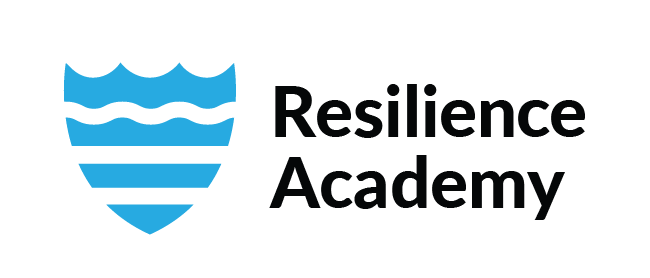Litter data from Mtwara, Tanzania to prevent ocean pollution
In the City2Sea project Coastal City Strategies for Prevention of Generation and Transport of Plastic Litter to Oceans funded by the World Bank, extensive mapping of litter was executed in coastal city of Mtwara, Tanzania. The data collection was organized by Open Map Development Tanzania in cooperation with the Resilience Academy. The project included data collection to other datasets as well. The litter data was collected by a mobile phone app (Litterati App).
10 university students were utilized to take photos of every piece of litter within preassigned 287 road segments (50 m) and shorelines to Litterati app. Then Litterati information was analyzed using the in-built artificial intelligence and manual checks to define the top categories, materials, objects and brands of litter.
This dataset is useful in the planning of waste management systems. Only 10-20 % of residents of urban Tanzania receive solid waste management services. Indian Ocean is also very polluted, which is a significant risk to the marine ecosystems. According to the project, most of the litter found in Mtwara was plastic, which poses long-lasting threats to the marine ecosystems. Marine ecosystems are also economically important for Tanzanians who work in tourism and fishery. Fishery provides over 200 000 direct and over 4 500 000 indirect jobs in Tanzania (The annual fisheries… 2020). Their livelihoods are at risk because of the pollution.
In the dataset, the litter is categorized by type, which allows collection of specific statistics and more specific use in the planning of waste management. In some areas the trash might be mostly food-wrappings while some areas might be littered with mainly plastic bottles. Dataset also shows the concentration points of litter, which are important areas of focus when planning waste management infrastructure from scratch. Most of the litter are plastic bottles, which can also be recycled to reuse. This dataset might then offer good possibilities for planning of recycling facilities such as bins and reverse vending machines. This kind of infrastructure is expensive, multileveled and hence needs careful planning.
Waste management is important in Africa from a human health perspective as well. In urban areas common litter items such as plastic bottles, tin cans, and styrofoam containers account for between 7 and 15 percent of the breeding habitats for the mosquitoes that carry Dengue and Malaria. Due to their limited range of movement, these mosquitoes spread these diseases more effectively in densely populated areas, areas that also produce large amounts of waste (Wilke et al. 2020).
The dataset is now available at Resilience Academy’s Climate Risk Database as Mtwara litter data 2022.
References
Related News
